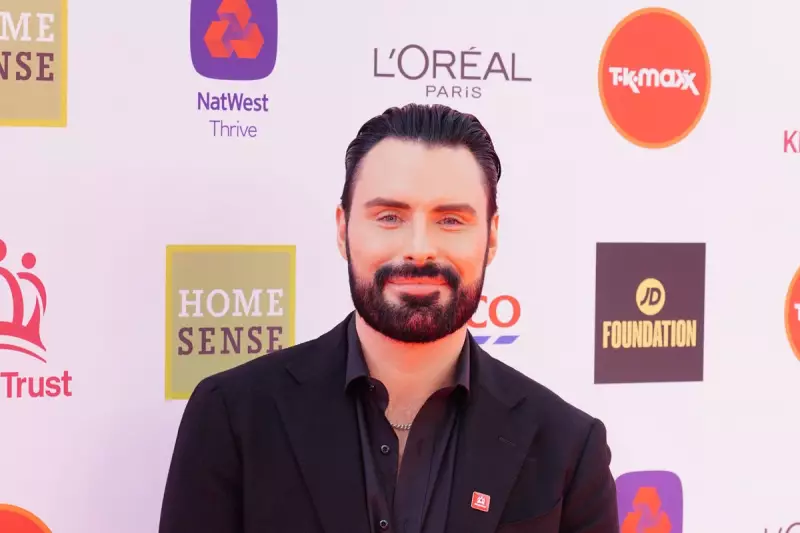
In a significant ruling that underscores the delicate relationship between government and public service broadcasting, media regulator Ofcom has dismissed a formal complaint from Science Secretary Michelle Donelan about Rylan Clark's BBC Radio 2 interview.
The controversy began when Donelan, who served as Culture Secretary at the time, objected to Clark's interviewing style during a segment where he questioned then-Tech Secretary Paul Scully about government policy. Donelan claimed the interview lacked due impartiality and breached broadcasting standards.
However, Ofcom's thorough investigation concluded that the interview did not violate impartiality rules. The regulator noted that while Clark's style was "direct and challenging," it remained within acceptable bounds for a entertainment-focused programme.
The ruling states: "While the presenter adopted a direct and challenging style at times, we considered that the content of the interview was not in breach of the due impartiality rules."
This decision comes amid ongoing tensions between government figures and the BBC, with several Conservative ministers previously criticising the broadcaster's approach to political coverage. The ruling reinforces the independence of regulatory bodies in assessing broadcasting standards without political interference.
Ofcom's assessment carefully examined the interview's context, noting that Radio 2's audience would expect a more entertainment-focused approach rather than hard-hitting political analysis. The regulator found that Clark's questioning, while direct, did not cross into partiality or bias.
The complaint and its subsequent dismissal highlight the ongoing debate about impartiality in broadcasting and the appropriate boundaries for entertainers conducting political interviews. It also demonstrates the robustness of Britain's independent regulatory system in handling complaints from high-ranking government officials.
Both the Department for Culture, Media and Sport and Ofcom have declined to comment further on the ruling, maintaining that the published decision speaks for itself.





